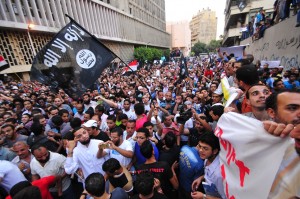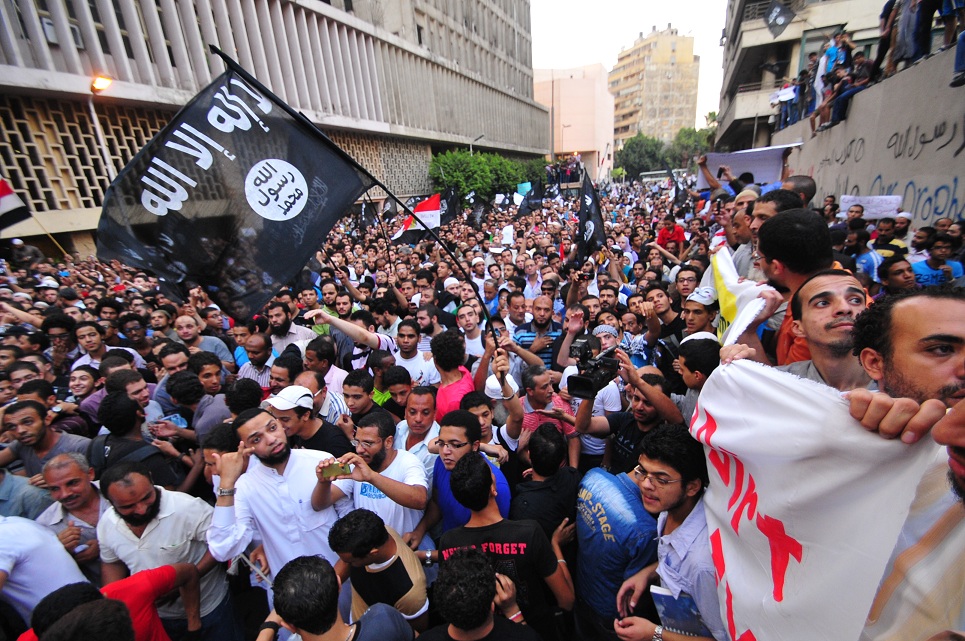
By: Emily Crane
Amnesty International issued a statement on their official website on Tuesday condemning the temporary Youtube ban in Egypt, calling it “a setback for freedom of expression”.
According to the statement, this 30-day block has been issued in response to the controversial video of the Innocence of Muslims film posted last September, and which sparked waves of violence across Egypt and the Muslim world. The court ruling on Saturday said that freedom of expression should not “provoke the feelings and resentment of believers of other religions, particularly heavenly religions”.
The above reasons for the ban are in direct contradiction with the International Covenant on Civil and Political Rights, to which Egypt is a signatory, said Diana Eltahawy, Amnesty International’s representative in Cairo.
“These laws allow certain limitations to be placed on the freedom of expression on the grounds of danger to security,” said Eltahawy. “But not on the grounds of offensive content.”
However, Egypt’s new constitution does allow certain limitations to be placed on freedom of expression, Eltahawy said. It calls for the media to protect and uphold Egyptian family values, and Amnesty International has been concerned about what this might imply.
“This ban certainly opens the door for further censorship,” Eltahawy said.
The National Telecommunications Regulatory Authority (NTRA) released a statement 9 February saying that they would be taking all necessary steps to uphold the court’s decision. No one from NTRA could be reached for comment.
In response to the ban, Google stated that they work to create a community that fosters freedom of expression but they will restrict access to a video if it violates their community guidelines. However, the video in question does not break these guidelines, Google said.
“We are aware of the court order requiring the government to block YouTube and are reviewing it,” Google said
So while the likelihood of the government successfully banning YouTube is not high, it is the principle of the matter that bothers Eltahawy. The Association for the Freedom of Thought and Expression (AFTE) is equally bothered by this ban and labeled it an attack on multiple freedoms. They are preparing an appeal against the ruling to be submitted to the High Administrative Court this week.
“The YouTube ban is not only an attack on the freedom of expression,” said Nada Kabbary, media spokesperson for the AFTE. “It is also an attack on the freedom of information and the freedom of religion.”
Such attacks were a frequent worry for Amnesty International during the days of Mubarak, but they hoped this would not be an issue under Morsi.
“The newly elected president has been given an opportunity to fix past ills,” said Eltahawy. “We certainly hope the same mistakes are not repeated.”
However, Kabbary feels that freedom of expression in Egypt is in even greater peril now.
“Freedom of expression and freedom of the media are worse off than before,” Kabbary said. “Nothing has changed since the Mubarak regime.”

